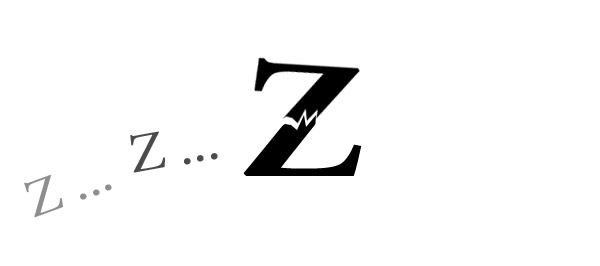 Here are my top “natural” recommendations to follow if you are currently not falling asleep within 30 minutes at night:
Here are my top “natural” recommendations to follow if you are currently not falling asleep within 30 minutes at night:
1. Daily nap. Hey, even the most successful people are hip to this (see “8 Things The Most Successful People Do that Make them Great”). Andrew Weil, M.D, professor of medicine and director of the Program in Integrative Medicine at the University of Arizona and author of numerous books states, “my study of the literature on sleep and my discussions with sleep experts have convinced me of the value of napping. People who nap generally enjoy better mental health and mental efficiency than people who do not. The quality of their nighttime sleep tends to be better as well (Healthy Aging by Dr. Andrew Weil).” My father is still working full time as an attorney at the age of 83 and still gets in his daily afternoon nap. The nap should be between 10-20 minutes per day, preferably in the dark, but I can’t say that always work with a busy schedule. When I was young and working two jobs to make ends meet, I took an afternoon nap in a vacant room next to my office. Later, when my kids were young and I was driving them to one after-school function after another, I would drop them off and take a 10 minute snooze in the car, then join them in their activity. Bottom line, you nap when it works for you!
2. Go through the checklist of sleep hygiene items. Eliminate smoking and drinking at night. They both give you the false sense of security that they relax you, but both have the effect of disrupting your sleep patterns. Curtail caffeine after the early afternoon. Choose a lighter well-balanced evening meal, heavy on vegetables with lean protein and healthy starches as the “sides”; your heavier meals in the morning and afternoon. Make your bedroom a technology-free zone with just enough light to read or write. Too much light wakes up you pineal gland. That gland is inactive during the day but has the effect of regulating your wake and sleep cycles when darkness occurs.
3.Exercise daily, trying to keep it to the morning, afternoon or very early evening hours. A heart-pumping workout is not recommended within 2-3 hours of your usual bedtime.
[private]4. Waking too early also needs to be minimized. Try eating the dinner meal after dusk, along with some mental activity that gently stimulates your brain to minimize the too-early rise n shine syndrome.
5. If you do constantly wake early, don’t lay there in the dark and fuss about how tired you will be the next day. Try each of these approaches and see what works best for you: Immediately start reading or writing in bed OR get out of bed and go to a quiet place to read or write. Both of these recommendations are for one hour. Then go back to bed for some needed shut-eye.
6. Try natural herbal teas or aromatherapy or both. Chamomile herbal tea is my favorite and lavender essential oil is my go-to for a relaxing bath. When drawing your bath, use tepid water and when the water is at the desired level, sprinkle about 6 drops of essential oil in bath. When you first get out of the bath you probably won’t feel it’s effects, just give it about 20 minutes. I promise you, it works!
7. Use a natural sleep aid supplement. Melatonin is my top recommendation for this. Actually melatonin is produced naturally by the pineal gland, a pea-sized gland located right above the middle of the brain. The pineal gland is inactive in the daytime, however melatonin is produced naturally from this gland when darkness occurs, having the effect of regulating the wake and sleep cycles. Melatonin secretion declines as we age so this might particularly be helpful for the menopausal woman suffering from sleep disturbances. Start out at 1 mg. an hour before bedtime, if this doesn’t work, adjust gradually to a max of 5 mg. before bedtime.
8. If stress is keeping you up, i.e. a nagging daytime problem that has you tied up in knots, first practice these recommendations listed above. I’ll address stress and how to deal with it healthfully in a future post.
Bottom line, sleep is an extremely important part of your overall health. Getting the right amount of sleep hours each night is well worth the investment of time, both medically AND economically.



